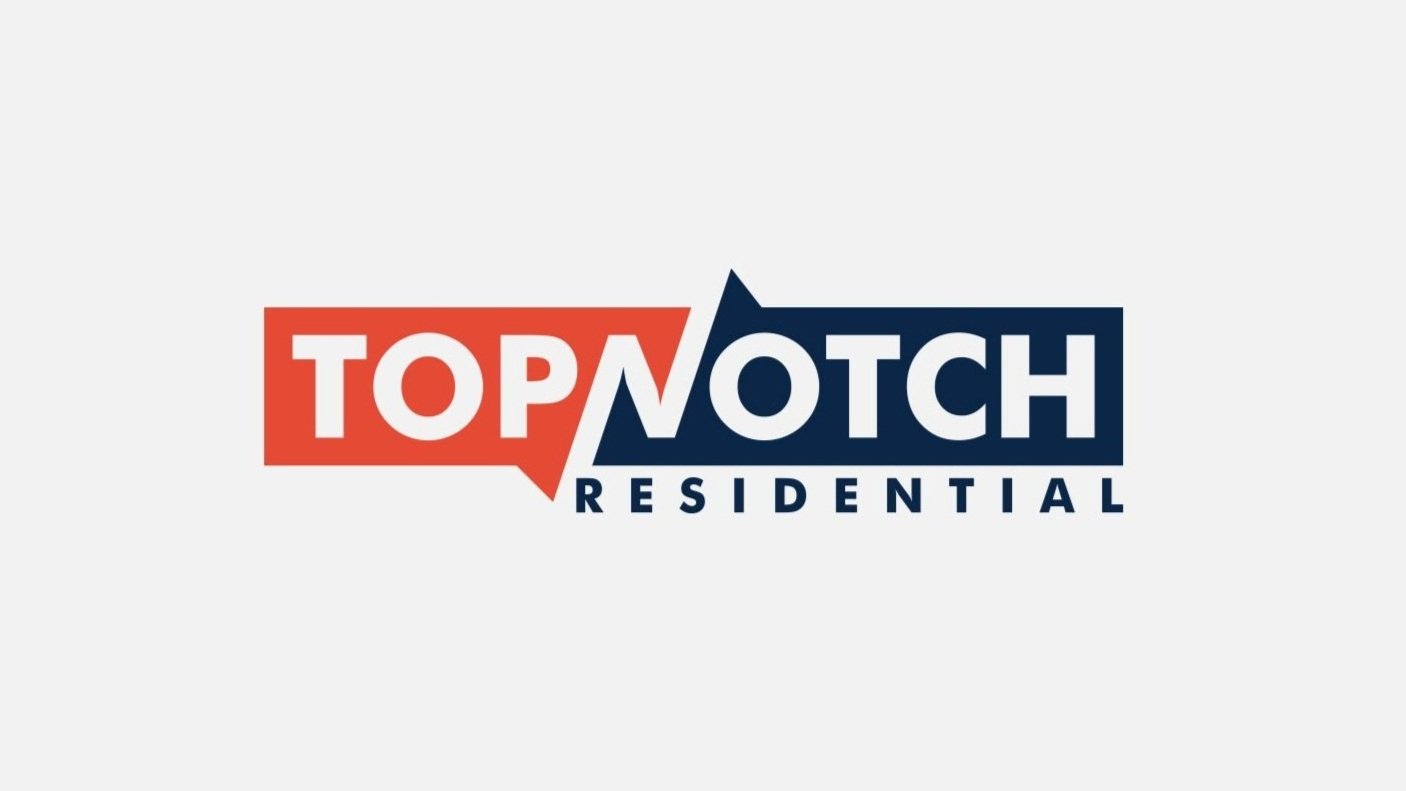Lets face it… home repairs for landlords are a hassle, but with a little know-how and the right tools you can save time and money! And if you decide to hire a pro, you can have some understanding into the work involved, which is valuable insight for hiring the right person or company. In this post, we'll cover the top home repairs that landlords should be prepared for, and provide some tips for tackling them like a pro. From leaky faucets to clogged drains, malfunctioning toilets, roof leaks, and HVAC issues, we've got you covered.
First, let's talk about them leaky faucets. These can be a nuisance for tenants and can lead to wasted water and increased utility bills. Luckily, fixing a leaky faucet is a relatively simple task that can be done with just a few tools. Start by turning off the water supply to the faucet, then remove the handle and locate the washer. If the washer is worn or damaged, replace it with a new one. If the problem persists, the stem or cartridge may need to be replaced. And if all else fails, call in a handyman!
Next, let's talk about them clogged drains. Clogged drains can be a major inconvenience for tenants and can lead to unpleasant odors and water damage. To prevent clogs, landlords should encourage tenants to avoid flushing non-biodegradable materials such as grease, hair, and paper towels. When a clog does occur, landlords can use a plunger or a snake to remove it. If the clog persists, a professional plumber may need to be called in. But before you call in the pros, try pouring some boiling water down the drain to loosen things up.
Another common issue landlords are a malfunctioning toilet. Toilets can become clogged or start running constantly, which can be frustrating for tenants and lead to increased water bills. To fix a clogged toilet, landlords can use a plunger or a snake to remove the blockage. If the toilet is running constantly, the flapper or fill valve may need to be replaced. And if you're really struggling, just remember: "When in doubt, jiggle the handle."
Roof leaks are also a common nuisance landlords may encounter. A leaky roof can lead to water damage and mold, so it's important to address the problem as soon as it's detected. Landlords should regularly inspect the roof for signs of wear or damage and address any issues promptly. If a leak is found, the landlord should patch or seal the area to prevent further damage. If the problem persists, a professional roofer may need to be called in. Just remember, a stitch in time saves nine!
Finally, let's talk about them HVAC issues. A malfunctioning HVAC system can lead to discomfort for tenants and increased utility bills. Landlords should have a regular maintenance schedule in place to ensure that the HVAC system is functioning properly. If the system is not working well, the landlord should call in a professional to diagnose and fix the problem. And if you're not sure what's wrong, just remember: "If it ain't broke, don't fix it. If it is broke, call the experts."
In conclusion, landlords should be prepared for the most common home repairs, such as leaky faucets, clogged drains, malfunctioning toilets, roof leaks, and HVAC issues. By understanding these common issues and having solutions at the ready, landlords can tackle home repairs with confidence and ease. And remember, it's always a good idea to consult with a professional if the problem persists or is beyond your expertise. And don't forget to add a touch of humor to make the post more engaging and memorable!
